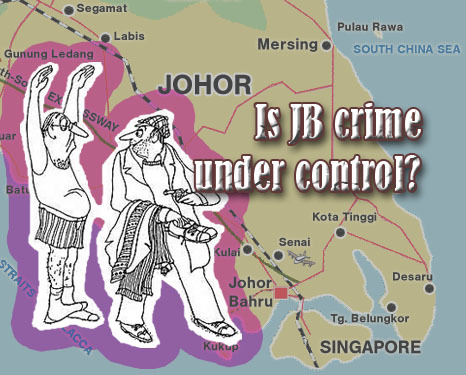I have given notice to the Speaker of Parliament, Tan Sri Ramli Ngah to move an urgent motion when the Dewan Rakyat reconvenes on Monday — that there should be no bail-out of the RM4.6 billion Port Klang Free Zone (PKFZ) scandal unless there is full parliamentary accountability and prior Parliamentary sanction.
In my notice, I pointed out that there have so far been no proper accountability to Parliament whether by the Transport Minister or the Finance Minister about the RM4.6 billion PKFZ scandal despite the exposes in the public domain, such as:
- (i) Hanky-panky in the purchase of the 1,000 acres for the PKFZ, despite objections by the Finance Ministry and the Attorney-General’s Chambers;
(ii) mismanagement resulting in the pull-out of Jebel Ali Free Trade Zone (Jafza) from the project, which could become a “white elephant”; and
(iii) questionable cost-overruns of the PKFZ, ballooning to RM4.63 billion from the original estimate of RM1.1 billion.
- The unlawful and unauthorized Transport Ministry issue of four “letters of support” which were used by the turnkey contractor – Kuala Dimensi Sdn Bhd (KDSB) – to raise RM4.6 billion bonds and get an AAA rating from the Malaysia Rating Corporation Bhd. for the PKFZ project.
- Why the government and the 26 million Malaysians must now bear responsibility if there is a RM4.6 billion PKFZ bailout despite earlier assurances that the PKFZ project would be feasible, self-financing and would not involve a single ringgit of public funds.
- Why the Prime Minister is breaching his undertaking of no bailout of mega-billion-ringgit “white elephant” projects — set to be the biggest financial scandal at the beginning of any Prime Minister.


